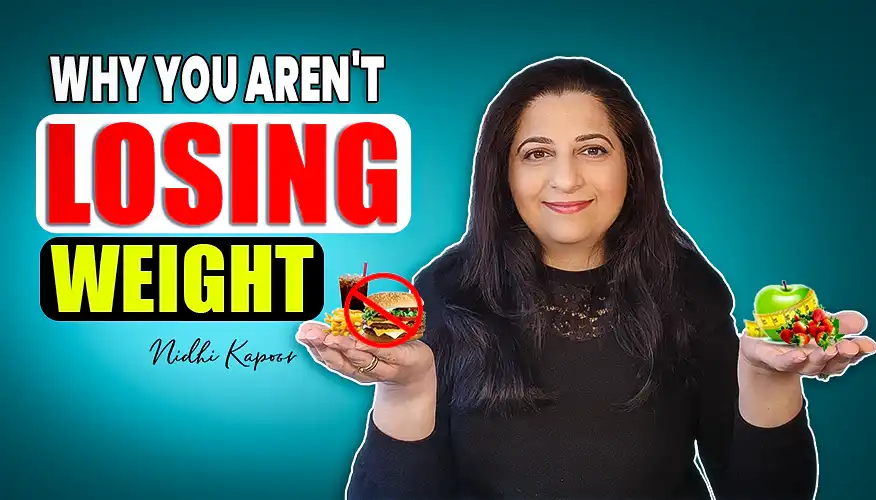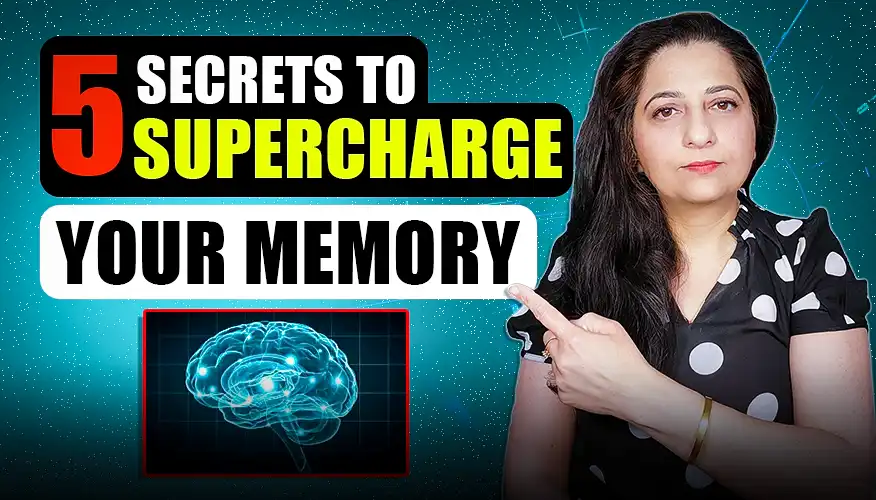Are you exhausted from the endless struggle with your weight? Ever wonder why, despite trying every diet under the sun, the pounds don’t seem to budge? If so, you’re not alone. Today, we’re diving deep into the real reasons behind why you aren’t losing weight despite all your efforts. Hint: It’s not just about your diet. The key lies in understanding the powerful link between your mind and what’s on your plate.
The Diet Dilemma: Why Most Diets Fail
We live in a society fixated on quick solutions. Diets promise us the moon—rapid weight loss, a better body, more confidence—but the reality? Most diets don’t work. Research shows that 80-95% of people who lose weight through dieting will regain it within a few years. So, what’s the deal? Read more: How to stop overthinking
The issue with diets is that they address the symptoms instead of the root cause. They emphasize calorie restriction or eliminating entire food groups. Still, they don’t address the underlying issues—like our instincts to eat, our cravings for sugar, and the mental images we associate with food. Let’s break down these concepts so you can start understanding why you’re not losing weight and, more importantly, how you can change that.
We Are Hardwired to Eat
Let’s start by discussing biology. Our brains are wired to eat. This isn’t some willpower flaw; it’s a survival mechanism. Our ancestors had to find and eat food to survive, and their brains developed a reward system to make eating pleasurable. Fast forward to today, and even though food is abundant, our brains still react the same way—they crave high-calorie, tasty foods because, deep down, our bodies think we need them to survive.
Recognizing this can help you see that your cravings aren’t simply bad habits—they’re completely natural. The key is to be mindful of this instinct and make conscious choices that align with your health goals.
To learn more about Life Coach please visit: nidhikapoor.com
The Sweet Truth: Why We Crave Sugar
Speaking of cravings, let’s talk about sugar. Our love for sweet things is another survival tactic. Back in the day, sweet foods like fruits provided a quick energy boost, which was crucial when food was scarce. But today, with sugar hidden in so many of the foods we eat, this instinct can lead to overconsumption and, ultimately, weight gain.
Consuming too much sugar is associated with numerous health issues, including obesity, diabetes, heart disease, and dental problems. So, it’s important to understand that when you’re reaching for that sugary snack, your brain is doing what it’s wired to do—but that doesn’t mean you have to give in. Read more of my blogs post
How to Break Free from the Diet Cycle
Now that we’ve covered the ‘why’ behind your weight struggles, let’s talk about the ‘how’—as in, how to actually break free from this cycle and start seeing real, sustainable results. Here are five steps to help you create lasting change:
1. Use the Power of Your Subconscious to Change Your Relationship with Food
Your relationship with food is more mental than you might realize. We often associate food with comfort, reward, or a way to cope with emotions. But you can change these mental images. Next time you crave something unhealthy, try picturing it as less appealing. With time, this simple technique can rewire your brain to make healthier choices.
2. Stop Binge-Eating by Reframing Your Thoughts
Binge-eating is often triggered by emotions rather than hunger. By telling yourself, “I am enough; I don’t need more,” you can start to shift your mindset. This isn’t just about food; it’s about recognizing that you’re already complete and you don’t need to fill an emotional void with eating.
3. Avoid Triggers
One of the simplest ways to avoid overeating is to keep tempting foods out of sight. Keep in mind, it’s easier to avoid the first bite than to stop once you’ve begun. By setting up an environment that supports your goals, you can steer clear of unnecessary temptations.
4. Practice Mindful Eating:
Mindful eating means being fully present during your meals. Turn off the TV, put away your phone, and concentrate on your food. Notice the flavors, textures, and smells, and take your time. This not only helps you enjoy your food more but can also lead to weight loss as you become more in tune with your body’s hunger and fullness signals.
5. Make Healthy Eating a Habit
Finally, make healthy eating a habit by consistently choosing nutritious options. Your subconscious mind loves repetition, so the more you choose vegetables, lean proteins, and whole grains, the more your brain will start to crave them. This isn’t about depriving yourself—it’s about creating a lifestyle that you actually enjoy.
Final Thoughts: It’s Time to Break Free
Hopefully, you now have a better understanding of why you might not be losing weight and how you can start to make real changes. Remember, this isn’t about punishing yourself—it’s about loving yourself enough to make choices that support your health and happiness. So, let’s break free from the diet cycle together and embrace a healthier, more sustainable lifestyle. Remember—you’ve got this!




